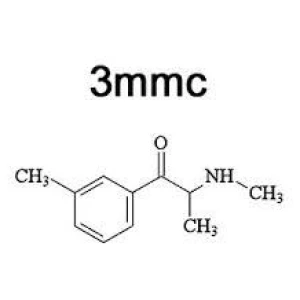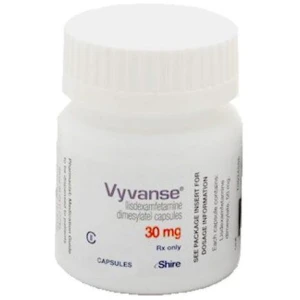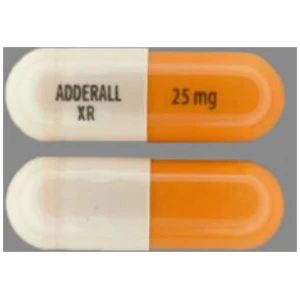Adderall: Understanding Its Uses, Benefits, and Risks
Adderall has gained significant attention in recent years. Originally developed to treat attention deficit hyperactivity disorder (ADHD), this prescription medication is a combination of two stimulant medications, amphetamine and dextroamphetamine. While it can be effective for those with ADHD, understanding its benefits, potential side effects, and the importance of responsible use is crucial.
What is Adderall?
Adderall is a central nervous system stimulant that affects chemicals in the brain and nerves contributing to hyperactivity and impulse control. For individuals diagnosed with ADHD, it can enhance concentration, focus, and organizational skills. Similarly, it is used to treat narcolepsy, a sleep disorder characterized by excessive daytime sleepiness.
The medication is available in two formulations: immediate-release and extended-release. Immediate-release Adderall typically requires multiple doses throughout the day, while the extended-release version provides a slow release of the medication over time, allowing for once-daily dosing.
How Adderall Works
Understanding how Adderall works is vital for anyone considering its use. The active components of Adderall stimulate the release of neurotransmitters in the brain, including dopamine and norepinephrine. These neurotransmitters play a significant role in regulating attention, behavior, and mood.
For individuals with ADHD, who often have lower levels of these neurotransmitters, Adderall can help achieve a more balanced neurochemical environment. The result is improved focus, better control over impulses, and enhanced task performance. However, the medication is not a cure for ADHD; rather, it is a tool that can aid in managing symptoms.
Benefits of Adderall for ADHD
Adderall’s effectiveness in managing ADHD symptoms is well-documented. Those who take it often report:
1. Improved Focus: Many users experience a remarkable ability to concentrate on tasks that previously felt overwhelming or distracting.
2. Enhanced Task Completion: With improved attention, individuals often find they can complete tasks more efficiently and feel a greater sense of accomplishment.
3. Reduced Impulsivity: One of the characteristic challenges of ADHD is impulsivity. Adderall can help individuals think before acting, reducing unnecessary risk-taking behaviors.
4. Better Social Interactions: By managing symptoms effectively, individuals may find social situations becoming easier to navigate, fostering better relationships and communication.
Potential Risks and Side Effects of Adderall
Despite its many benefits, Adderall is not without risks. Common side effects include:
– Insomnia
– Decreased appetite
– Dry mouth
– Increased heart rate
– Anxiety
In some cases, more severe side effects can occur, such as cardiovascular issues or mental health problems, including mood swings or aggression. It is essential for both patients and healthcare providers to monitor these risks closely.
Responsible Use of Adderall
Responsible use of Adderall is crucial for ensuring its effectiveness and minimizing potential harms. Here are essential considerations:
1. Follow Prescriptions: It’s vital to take Adderall exactly as prescribed by a healthcare professional. Adjusting the dosage without guidance can lead to adverse effects or dependency.
2. Communicate with Your Doctor: Regular follow-ups with your healthcare provider can ensure that Adderall is still the right choice for your ADHD management. If side effects arise, discussing them promptly can lead to adjustments or alternative options.
3. Be Aware of the Possibility of Misuse: Adderall is classified as a Schedule II controlled substance due to its potential for abuse and dependency. Awareness of the risks is critical, especially in environments like college, where it might be misused for academic performance enhancement.
4. Consider Therapy: While medication can provide significant benefits, combining it with behavioral therapy could lead to more sustainable management of ADHD symptoms. Therapy can equip individuals with coping mechanisms and strategies, enhancing the effectiveness of medication.
Conclusion: The Role of Adderall in ADHD Management
Adderall remains a powerful tool in the management of ADHD. With its ability to improve focus and reduce impulsivity, it has changed the lives of many individuals seeking to navigate the challenges of this condition. However, responsible use is key to leveraging its benefits while minimizing risks. For those considering Adderall, working closely with a healthcare provider to develop a tailored treatment plan is essential. Through informed decision-making, individuals can harness the potency of Adderall, embracing a more focused and fulfilling life.







Reviews
There are no reviews yet.